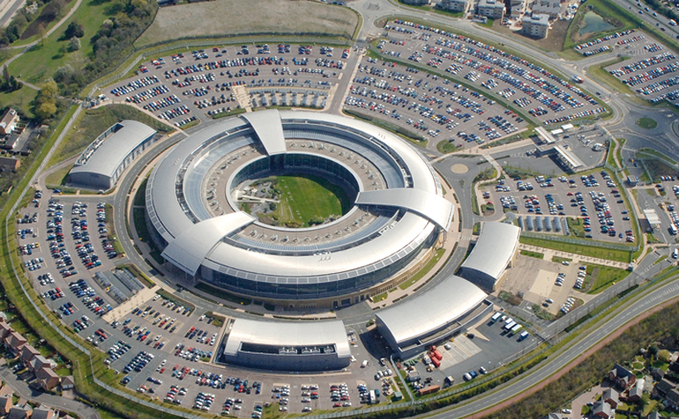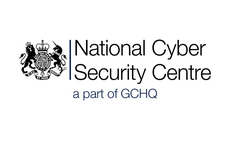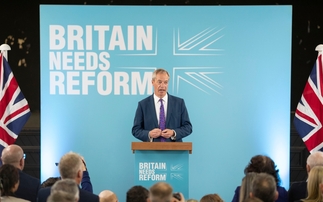
Spy agencies' mass data collection breached human rights standards, tribunal finds
It follows an ECJ ruling from last year, which said the UK's Investigatory Powers Act cannot require telecom firms to retain users' location and traffic on an ongoing basis
The UK's Investigatory Powers Tribunal (IPT) has ruled that British intelligence services' mass collection of communications and private data violated EU law. In a declaration last week [pdf], t...
To continue reading this article...
Join Computing
- Unlimited access to real-time news, analysis and opinion from the technology industry
- Receive important and breaking news in our daily newsletter
- Be the first to hear about our events and awards programmes
- Join live member only interviews with IT leaders at the ‘IT Lounge’; your chance to ask your burning tech questions and have them answered
- Access to the Computing Delta hub providing market intelligence and research
- Receive our members-only newsletter with exclusive opinion pieces from senior IT Leaders



















